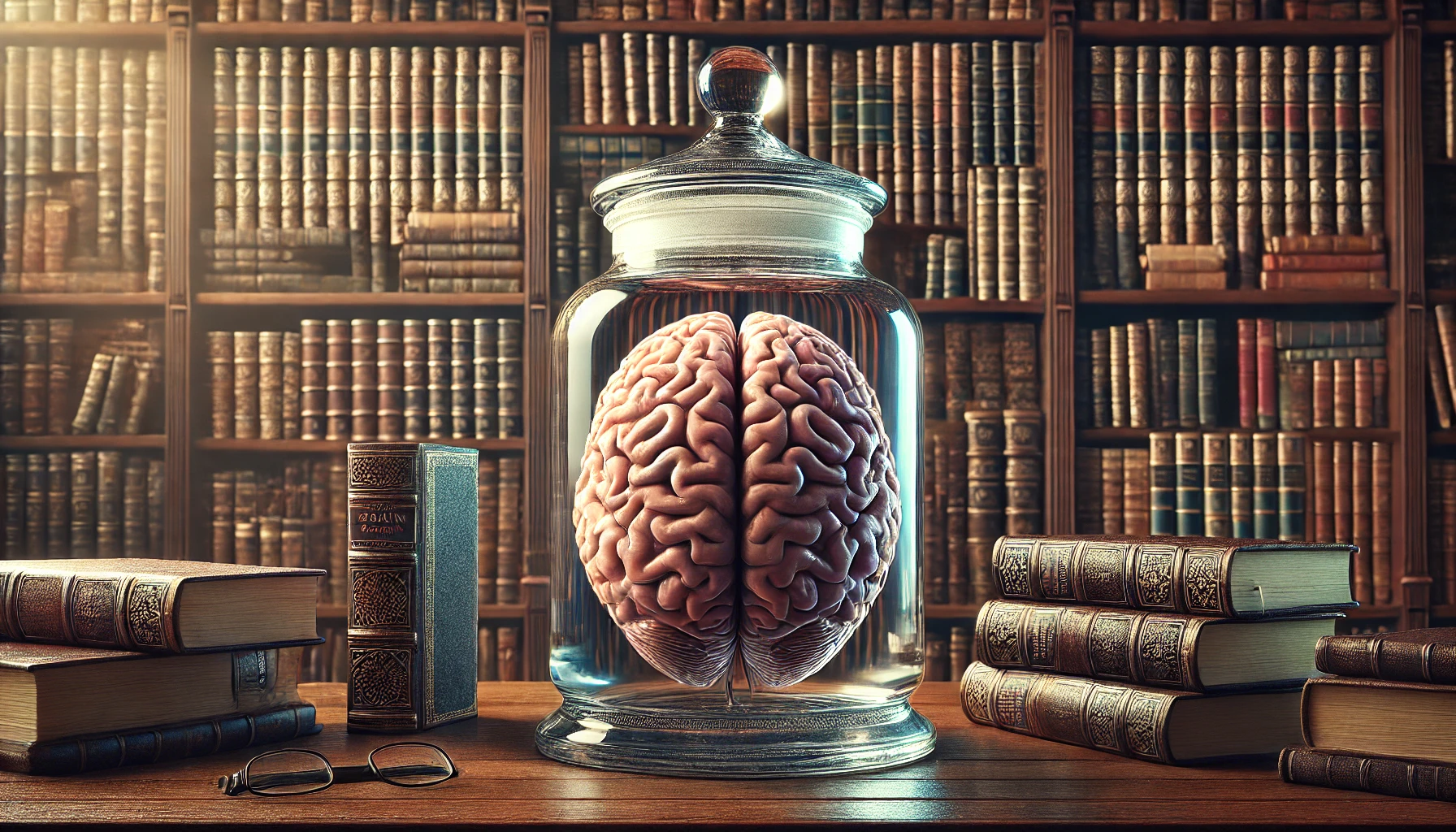Dreams can be a mirror to the mind, especially vivid for those experiencing Post-Traumatic Stress Disorder (PTSD). For sufferers, nightmares are not just bad dreams; they are replayed traumas, opening old wounds. This article dives deep into how dreams relate to PTSD, exploring their impact and potential paths to healing.
The Nature of PTSD Dreams
Reflective Nightmares
For individuals with PTSD, nightmares often involve direct replays of traumatic events. These intense dreams can disrupt sleep and exacerbate the stress and anxiety associated with PTSD. Understanding the content and frequency of these nightmares is crucial for effective treatment strategies.
Symbolism in Dreams
Not all PTSD-related dreams are direct memories. Some involve symbols or scenarios representing the individual’s fears or anxiety about past events. These symbolic dreams can be just as distressing, pointing to a deeper level of emotional turmoil.
Therapeutic Approaches to PTSD Dreams
Cognitive-Behavioral Techniques
Therapies like Image Rehearsal Therapy (IRT) offer relief by changing the narrative of nightmares. This technique involves recalling the nightmare, writing it down, and altering its ending into a more positive outcome, reducing its emotional charge.
Establishing Sleep Hygiene
Creating a restful environment is key to reducing nightmares. This includes maintaining a regular sleep schedule, creating a calming bedtime routine, and minimizing sleep disruptions. Techniques like relaxation exercises, deep breathing, and mindfulness also contribute to better sleep quality.
Psychological Impact of Dreams in PTSD
Re-experiencing Trauma
Frequent nightmares can lead to a phenomenon known as re-traumatization, where the dreamer experiences the trauma anew in their sleep. This can hinder recovery and significantly impact daily functioning.
Emotional and Physical Responses
Waking from a PTSD nightmare can trigger a range of emotional and physical reactions, from fear and sadness to an elevated heart rate and sweating. Managing these responses is critical in preventing them from overwhelming the sufferer.
Coping Strategies for PTSD Nightmares
Professional Support
Engaging with a therapist can provide significant insights into the meanings of nightmares and offer strategies to cope with them effectively. Therapists can help individuals process and talk through their dreams in a safe setting.
Community and Support Systems
Leaning on support systems, whether friends, family, or support groups, can provide comfort and reassurance. Sharing experiences and coping strategies can also diminish the feelings of isolation that often accompany PTSD.
Dreams play a complex role in PTSD, acting both as reflections of trauma and as gateways to healing. Understanding and addressing the nuances of these dreams through therapy, support, and personal strategies can pave the way for recovery and offer a more peaceful night’s sleep. Addressing PTSD-related dreams effectively is a crucial step towards healing, ultimately empowering sufferers to reclaim their night and find peace.
By exploring and managing the impact of these vivid dreams, those affected by PTSD can make significant strides in their journey toward recovery.






